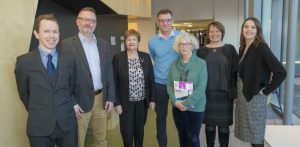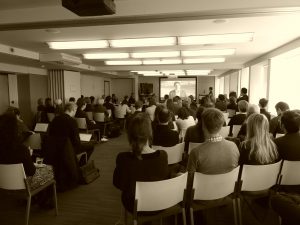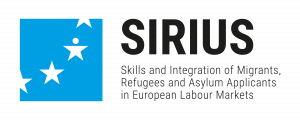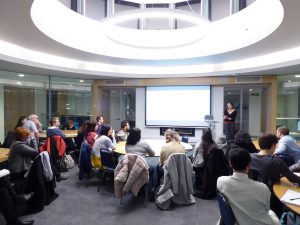
More than 100 policy experts, campaigners, and leading academics gathered for the official launch of the Scottish Poverty and Inequality Research Unit (SPIRU) at Glasgow Caledonian University.
SPIRU, in partnership with the Poverty Alliance, aims to bring together academics from across Scotland and strengthen links between those working on poverty and inequality research, campaign groups and policymakers.
Professors John McKendrick and Stephen Sinclair, of Glasgow School for Business and Society, are co-directors of the unit, which will build upon the legacy of the Scottish Poverty Information Unit.
Speakers at the launch event, which was opened by GCU Principal and Vice-Chancellor Professor Pamela Gillies, included Judith Robertson, chair of the Scottish Human Rights Commission, and Emeritus Professor Gill Scott.
Professor Sinclair said: “We are overwhelmed by the interest that has been shown.
“Since we announced plans for the formal launch, we’ve had interest from the Scottish Government, COSLA, campaigning organisations and academics beyond Scotland.
“It is is a crucial time for social policy. This is a great window of opportunity to have an influence on the policy process and welfare reform.”
Douglas Hamilton, chair of the Poverty and Inequality Commission, who also spoke at the launch, said: “The great thing about the unit is that it will bring together academics from here and other universities, the third sector, and community-based groups.
“That richness of collaboration will give the unit an added edge to inform some of the solutions to the tough problems we face in Scotland just now.”
The launch comes after an analysis by Professor McKendrick highlighted intense pockets of child poverty in some of Scotland’s most affluent areas.
Councils are compelled to publish local Child Poverty Delivery Plans following the passing of the Child Poverty (Scotland) Bill, which seeks to eradicate child poverty in Scotland by 2030.
Professor McKendrick has warned income deprivation affects households in every local authority, in a paper for the Poverty and Inequality Commission.




